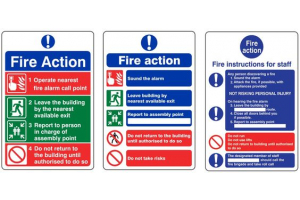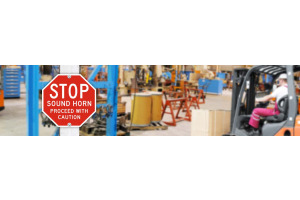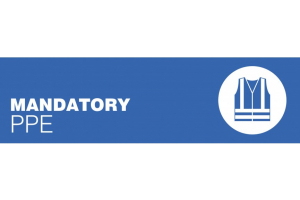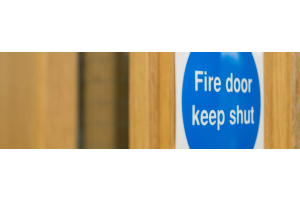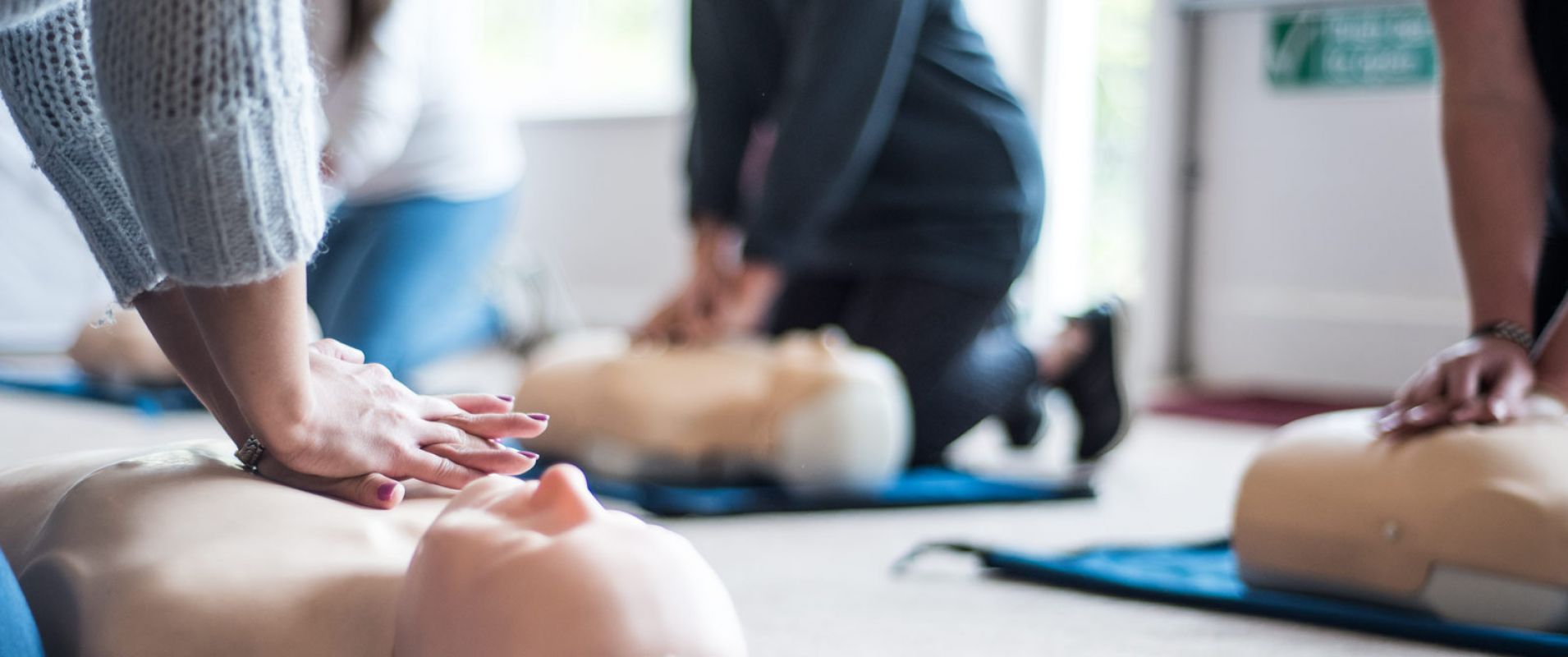
Are you exempt from first aid training?
Which health professionals are exempt from a qualification in first aid? Provided they can demonstrate current knowledge and skills in first aid, the training and experience of the following qualify them to administer first aid in the workplace without the need to hold a FAW or EFAW or equivalent qualification: doctors registered and licensed with the General Medical Council; nurses registered with the Nursing and Midwifery Council; paramedics registered with the Health and Care Professions Council. If an employee has a current first-aid qualification other than FAW/EFAW, the employer may consider whether it would be suitable in relation to the role of workplace first-aider and their needs assessment. Additional training needs. When arranging FAW or EFAW or other equivalent training, employers should let the training organisation know of any particular hazards at their workplace so training can be tailored to meet those needs.
Employers should make sure first-aiders undertake any training additional to the FAW/EFAW or equivalent qualification, as appropriate to the circumstances of the workplace. For example, more in-depth training would be advisable in cases where work activities involve the use of hydrofluoric acid, working in confined spaces or working outdoors or in remote locations. Appendix 4 identifies examples of scenarios where first-aiders may require additional training. It is not comprehensive and employers should refer to the first-aid needs assessment to determine their exact requirements. HSE does not specify the course content or design of additional training courses and they can be undertaken in combination with FAW/EFAW or as stand-alone courses. Separate certificates for additional training may be issued or combined on a single certificate with FAW/EFAW training. In either case, the certificate should record the detail of any additional training undertaken.
Certification and refresher training
All first-aid training certificates, whether FAW, EFAW or some other appropriate training, are valid for three years. Employers need to arrange retraining before certificates expire. The FAW re-qualification course lasts two days and should cover the same content as the initial FAW course (Appendix 5). If the first-aider does not retrain or re qualify before the expiry date on their current certificate they are no longer considered competent to act as a first-aider in the workplace. They can re qualify at any time after the expiry date by undertaking the two-day re-qualification course. However, it may be prudent to complete the three-day FAW course, especially where a considerable period – ie in excess of one month – has elapsed since the FAW certificate expired. It is for the employer to decide the most appropriate training course to re-qualify the first-aider. An EFAW re-qualification course should be of the same duration and content as the initial EFAW course.
HSE strongly recommends that first-aiders undertake annual refresher training during any three-year FAW/EFAW certification period. Although not mandatory, this will help qualified first-aiders maintain their basic skills and keep up-to-date with any changes to first-aid procedures, employers should also encourage first-aiders to regularly review their course manual and any other instructional materials and allocate them time to do this. It will further help to maintain their first-aid skills. Employers should keep a record of first-aiders and certification dates to help with the timely arrangement of further training.
Appointed persons
Where an employer’s assessment of first-aid needs identifies that a designated first-aider is not required, the minimum requirement for an employer is to appoint a person to take charge of the first-aid arrangements, including looking after the first aid kits and equipment, and calling the emergency services when required. Arrangements should be made for an appointed person to be available to undertake these duties at all times when people are at work.
Even in small, low-hazard organisations where first-aiders are considered unnecessary, there is always the possibility of an accident or sudden illness. Therefore, it is important that someone is always available to take charge of the first-aid arrangements, including looking after the emergency eye wash facilities and calling the emergency services when required. In the absence of first-aiders, employers should appoint a person for this purpose. Appointed persons are not necessary where there is an adequate number of first-aiders.
To fulfil their role, appointed persons do not need first-aid training, though they may benefit from completion of an EFAW course (or other suitable alternative). Given this, and the remaining possibility of an accident or sudden illness, rather than providing appointed persons, employers may wish to consider providing qualified first-aiders. The Regulations allow for a person to be appointed to provide emergency cover in the absence of first-aiders but only where the absence is due to exceptional, unforeseen and temporary circumstances. Absences such as annual leave do not count. If the first-aid needs assessment indicates that first-aiders are required, they should be available whenever the need arises. This means that at all times during the working day there should be a first-aider on duty.
